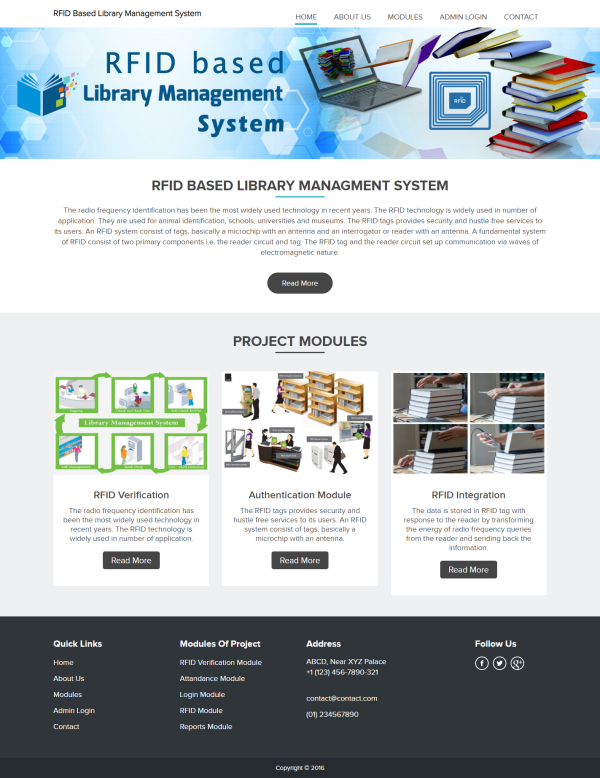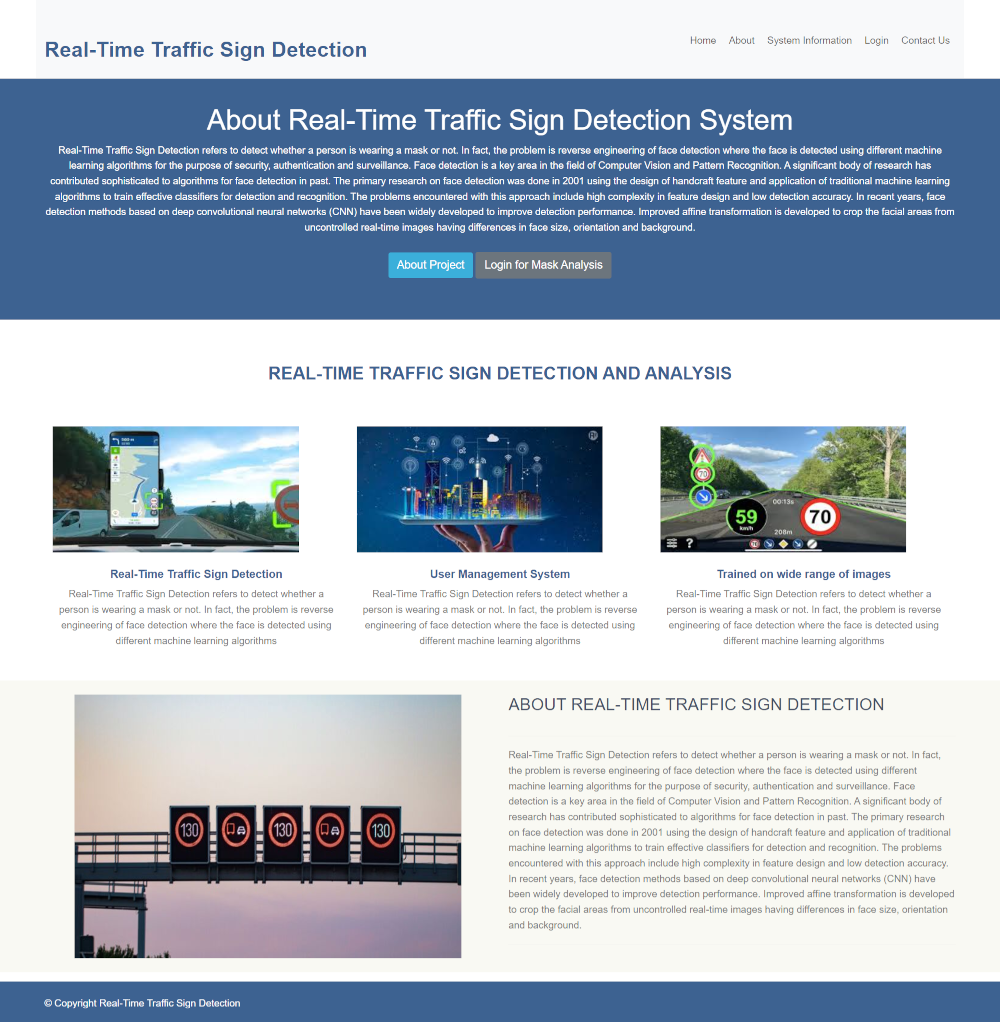Description
The library is home to thousands of books spanning various categories and authors, including subject books, novels, and encyclopedias. Managing all these books can be a challenging task for librarians, especially when it comes to keeping track of books issued and the number of books remaining. While barcode technology was initially used for this purpose, RFID technology has proven to be far superior.
RFID, which stands for Radio Frequency Identification, is a cutting-edge technology that automates various business processes, including library management systems. By implementing RFID in the library, transactions involving the flow of books can be conducted faster and with enhanced security and visibility.
In a library equipped with RFID technology, RFID readers and antennas are used at transaction points. Library cards issued to patrons contain RFID transponders that electronically store information such as the general information of the cardholder. All of this can be done without any physical contact, thanks to the use of radio waves.
RFID technology in library management enables quick issuing, reissuing, and returning of books, as well as efficient monitoring and searching capabilities. Librarians can monitor the movement of books through gates and receive alerts if books are taken out without authorization. Additionally, the physical location of a book can be easily located using the searching module.
The project for developing an RFID-based Library Management System involves the use of various technologies:
– Embedded C Language for hardware interface coding
– PHP for business logic and web interface development
– MySQL as the database
– Apache 2 server for hosting the web interface
– JavaScript for form validations and animation effects
– jQuery Library for additional functionalities like calendars.















































